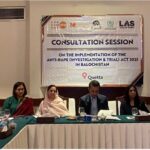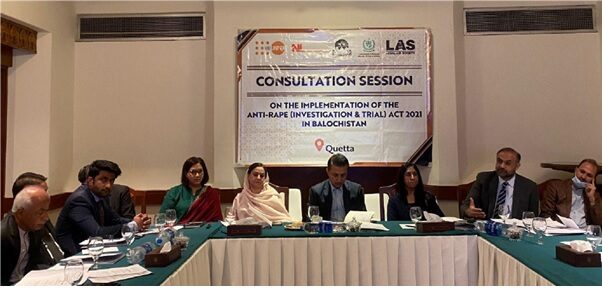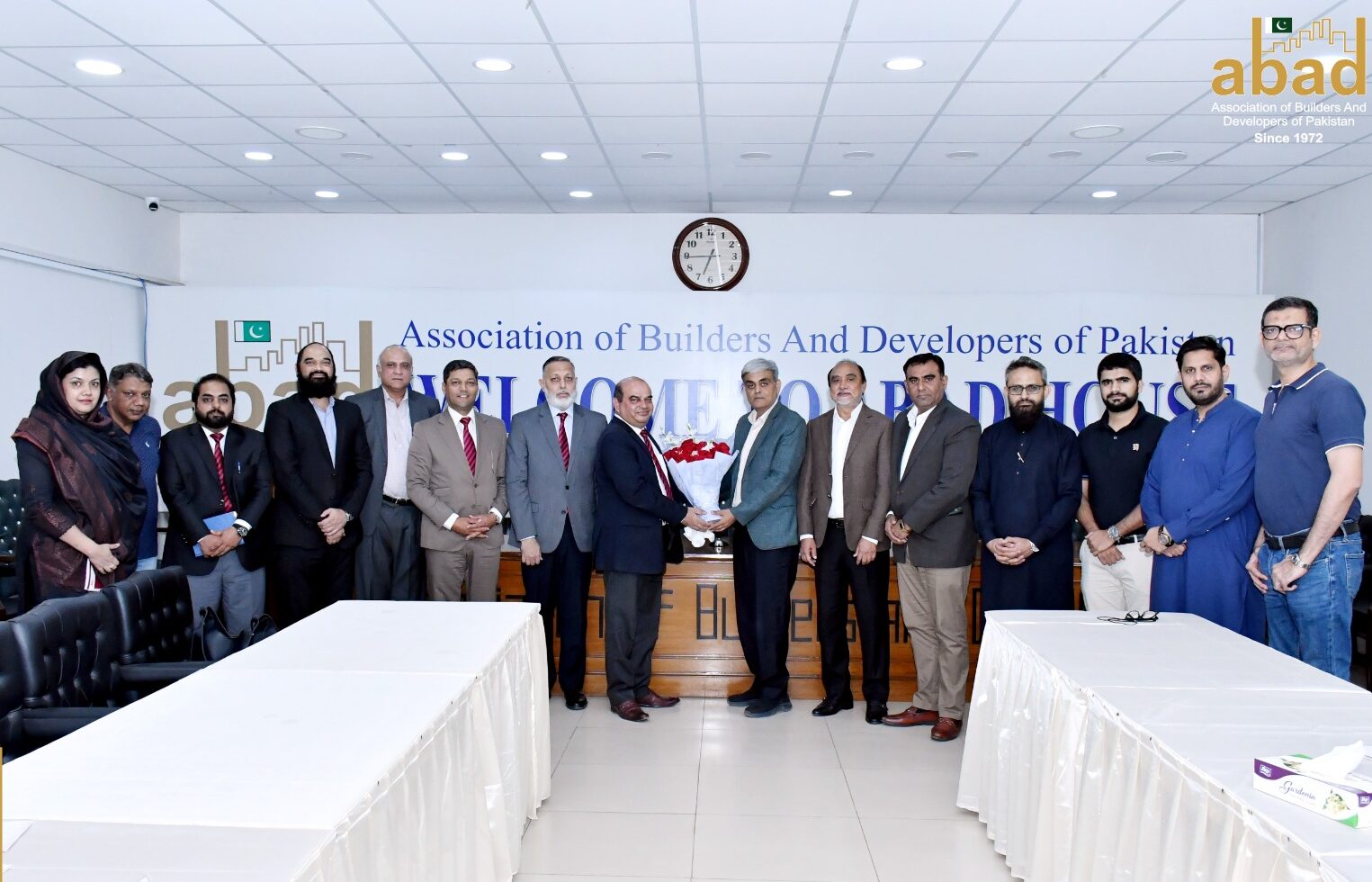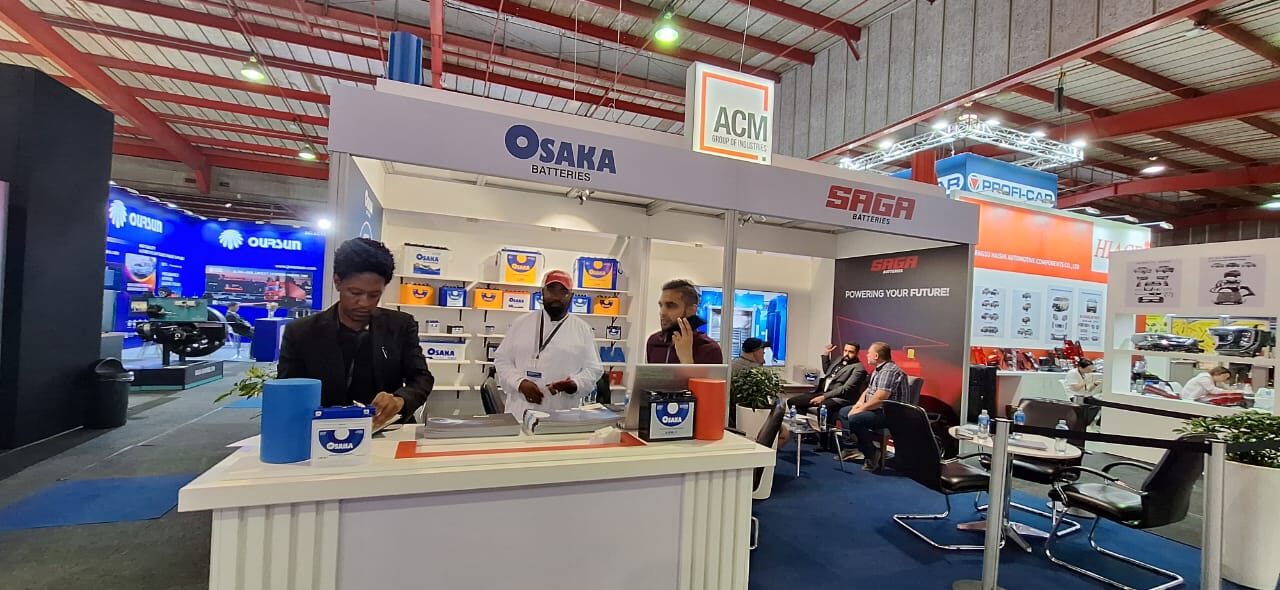Karachi, August 10, 2019: Karachi is once again facing the threat of torrential rain. While the Federal Minister for Maritime Affairs in a recent statement said that Karachi would not be left alone and helpless, it appears nothing has been done to improve the city’s ability to cope since the last rainfall.
Most of Karachi was submerged after just one day of downpour and parts of it remained submerged long after the rains had stopped. The city’s 38 storm drains are still clogged with waste and Mayor Karachi, Waseem Akhtar has expressed his helplessness to do anything about it citing a paucity of funds and machinery. In light of this it is expected that the city’s civic infrastructure which has been suffering from years of neglect will once again crumble when the rains hit.
Urban flooding is a chronic issue in Karachi which is compounded by the weakness of other infrastructure such as a leaking and clogged sewerage system, growing piles of garbage and a dilapidated road network which regresses into potholes and sinkholes when it rains.
A number of vital services including fire brigade, ambulance, water supply and electricity are affected when it rains and the civic infrastructure collapses into gridlock. Urban experts warn that the consequences will be much more severe as the city’s dilapidated roads are still a disaster waiting to happen.
The city’s power infrastructure was hit during the last spell of rains and a lot of it was because of urban flooding in low lying areas, which severely hampered restoration efforts.
Encroachment around power infrastructure is an impediment, first to periodic maintenance, and then to repair efforts. There has been no visible response from concerned agencies to ensure drainage of standing rainwater and compliance of building control laws so the power utility can get a safe and secure working environment do its job.
It is no longer a problem that any single civic agency can tackle on its own. All stakeholders such as KMC, KWSB, Sindh Building Control Authority, Karachi Building Control Authority and law enforcement will have to work together.
The pervasive kunda culture is another threat to stable and reliable electricity supply and a safety hazard as well, which has been acknowledged by the Federal Minister for Power Omar Ayub. The power utility is regularly seen removing these kundas, but it cannot enforce the law.
Rain safety awareness drives and campaigns to educate the people of Karachi have been conducted by various organizations including the power utility through TV, print and social media as well as announcements through mosques and engagement with students.
These awareness drives also need to focus on the fact that when vital services such as water supply, and communications networks or electricity supply fail. The root cause is the flimsy urban infrastructure which is unable to cope.
Electricity theft needs a strong hand if it is to be curbed but a drive around the city will show that here too, there is a lack of action and one can only hope there won’t be a repeat of the unfortunate accidents witnessed in the recent rains.
There have been numerous calls to action, the most recent being a letter written by K-Electric to Karachi Commissioner Iftikhar Shallwani imploring the custodians of the city and concerned stakeholders to come together on a common platform and do something to ensure that the chaos that emanated after the last rains is not repeated. So far there has been no obvious response.


























































































































































































































































































